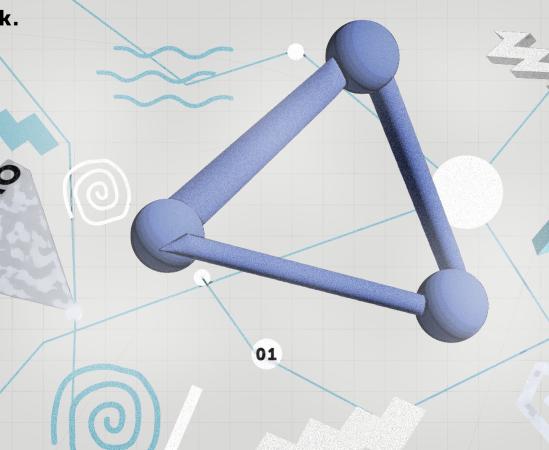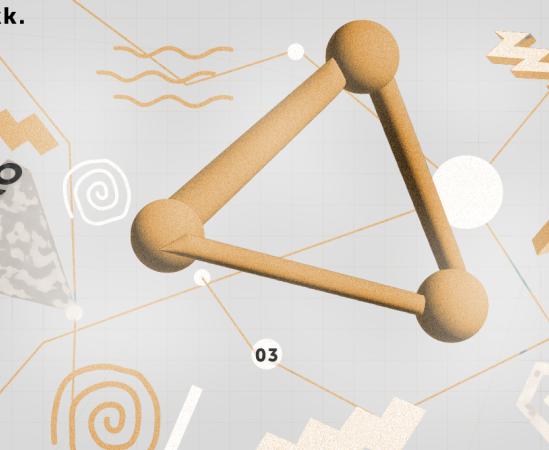The 8 most important types of DAOs
The first DAO was created in 2016 by the Ethereum Foundation. Since then, numerous other DAOs have been created, each with its unique governance model. Not all DAOs are created equally and serve a variety of different purposes.
The best type of organization for a particular situation depends on the specific circumstances and goals of the organization. When choosing a decentralized autonomous organization, it is important to carefully consider the pros and cons of each type to choose the one that is best suited for the task at hand.
DAOs can be categorized into various types such as:
1. Protocol DAOs
Protocol DAOs are a type of decentralized autonomous organization that is based on a protocol or set of rules such as a borrowing/lending application. They are designed to provide a decentralized way of governing a network or community.
Protocol DAOs can be used for a variety of purposes, such as managing a cryptocurrency, developing a new protocol, or even creating a decentralized marketplace. MakerDAO, Uniswap and Yearn Finance are examples of protocol DAOs.
2. Collector DAOs
Collector DAOs are decentralized organizations that allow members to pool their money together to purchase and co-own valuable assets. This type of DAO is open-source to those who want to invest in rare or expensive items, as it allows them to spread the cost across a group of people.
Flamingo DAO and Constitution DAO are collector DAO examples.
3. Philanthropy DAOs
Philanthropy DAOs are designed to use blockchain technology to fund charitable projects and causes. They work by pooling donations from users and then using smart contracts to distribute the funds to approved projects.
Philanthropy DAOs have the potential to revolutionize the way that charities raise money. They can provide a more efficient way to fundraise, as well as allow donors to track where their money is going.
Big Green DAO and Ukraine DAO are philanthropy DAO examples.
4. Investment DAOs
An Investment DAO is a decentralized autonomous organization that allows individuals to pool their money and invest it in a variety of assets. Investment DAOs are transparent, and decentralized, and allow for a high degree of control by the members.
Krause House DAO, MetaCartel Ventures, and BessemerDAO are investment DAO examples.
5. Grant DAOs
Grant DAOs provide funding for nonprofit donations and expand capital assets throughout the web3 ecosystem, Grant DAOs use funds from donors to give grants to projects that fit their criteria.
Aave Grants DAO and MetaCartel are grant DAO examples.
6. Social DAOs
Social DAOs offer digital democracy where everyone can give their opinion. Social DAOs focus on the self-organizing community aspect by bringing together like-minded people in online communities.
Developer DAO and Friends with Benefits are social DAO examples.
7. SubDAOs
SubDAOs are a new form of DAOs. It consists of a group of DAO members that are organized to manage specific functions such as partnerships, marketing, treasury, and operations.
Balancer Protocol is a SubDAO example.
8. Media DAOs
Media DAOs strive to reinvent how content creators and consumers engage with media. DAOs use token inducement to reward producers and consumers.
BanklessDAO and Decrypt are the media DAO examples.


